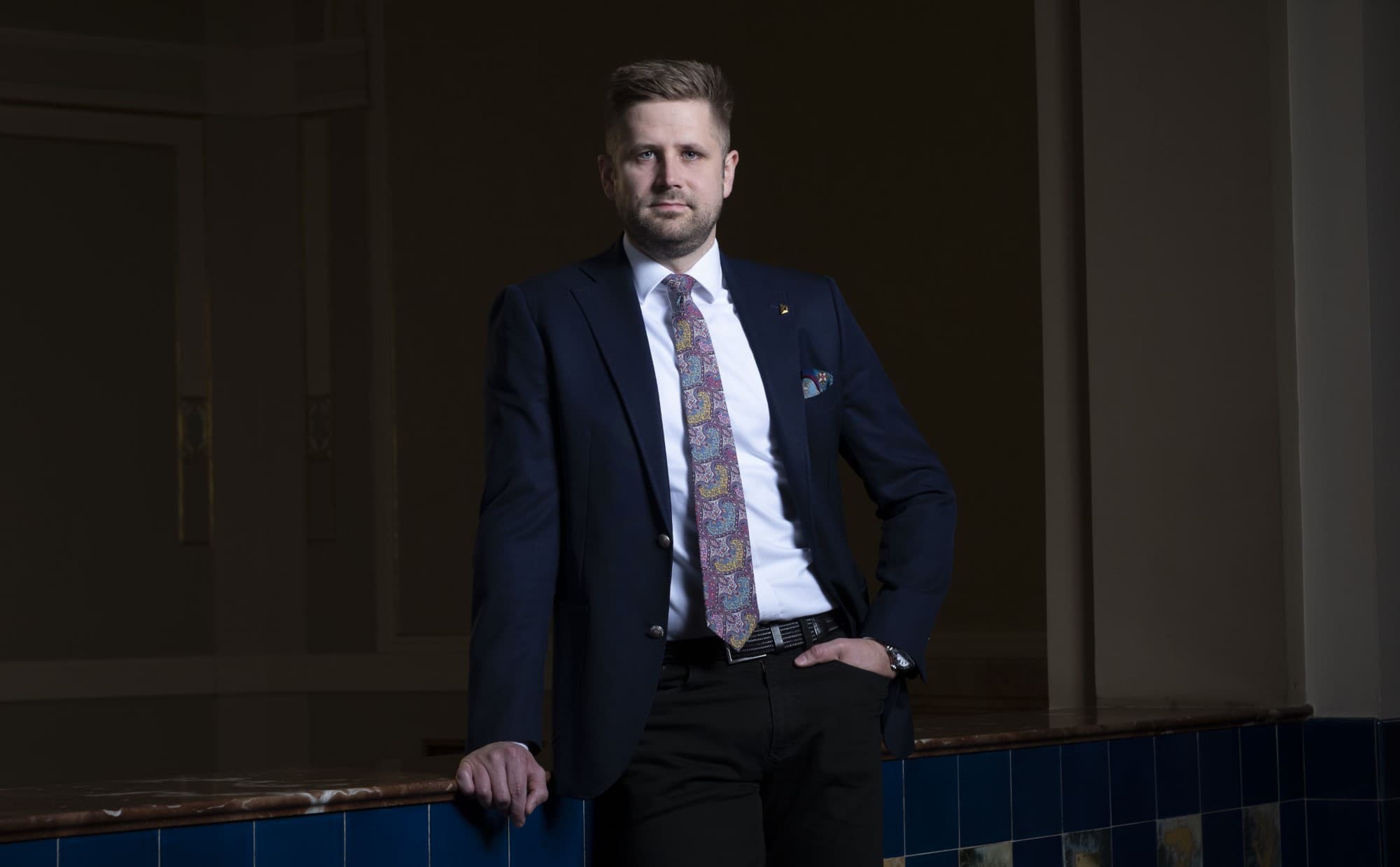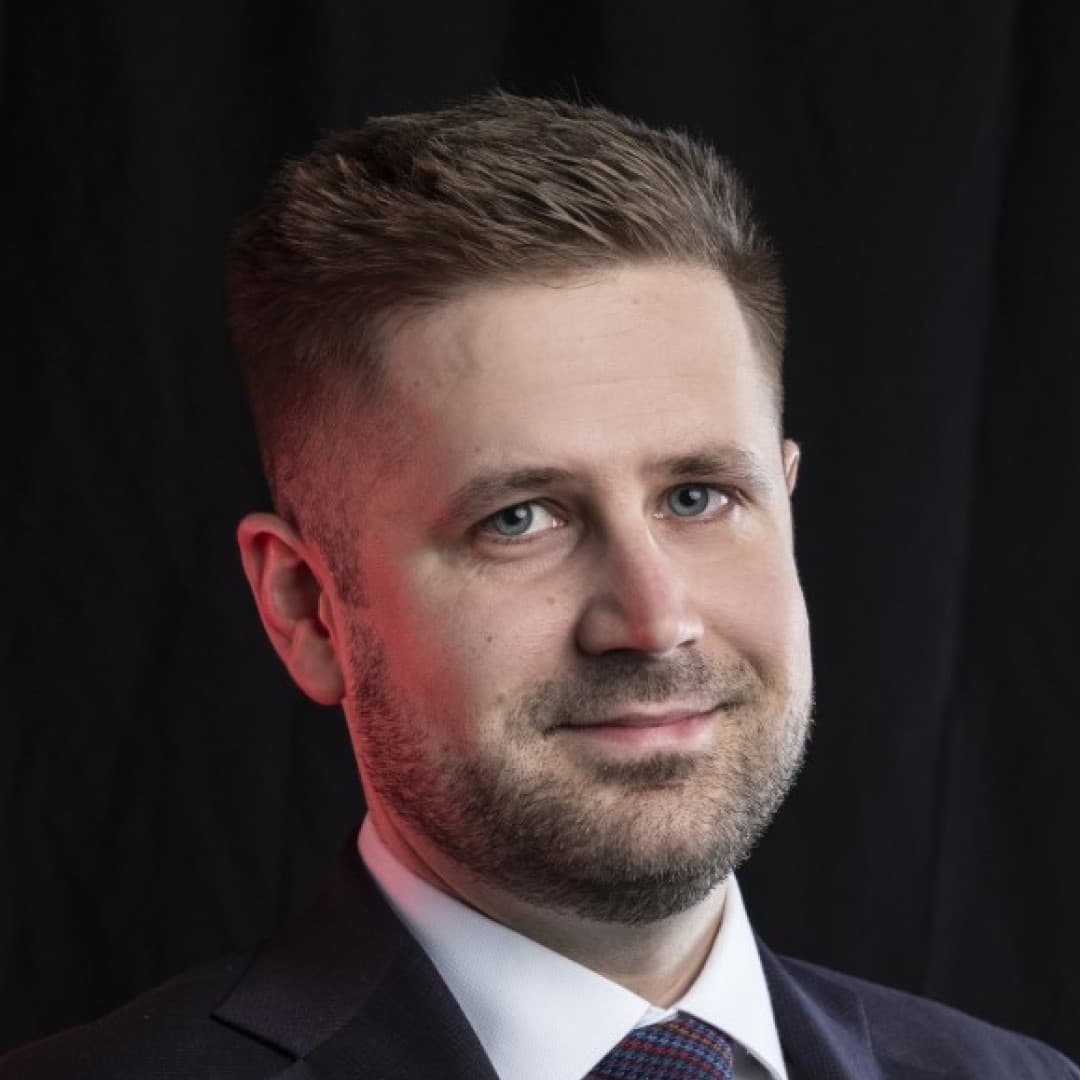Lobbyists show European officials what real life looks like, says Access EU head Filip Drnec.
10 \ 10 \ 2024

The guest of the e15 Cast was Filip Drnec, director of the law firm Portos and executive director of Access EU, a company providing consulting services in the areas of European policy, legislation, and finance. How important are connections in Brussels for Czech companies? How does Filip Drnec assess the portfolio of the new Czech European Commissioner, Jozef Síkela? And how does he think lobbying should change? Listen to the full interview on e15 Cast.
“Our agenda today mirrors that of the European Union as a whole. These are the main topics currently managed by the European Commission and the EU: energy, the automotive sector and industry in general, now also the defense industry, and especially healthcare,” explains Filip Drnec in the new episode of the e15 Cast.
“The era when every major company had its own representation in Brussels is over. Today, from our national companies, basically only ČEZ and Škoda Auto are active there,” Drnec points out.
“Our businesses have learned to utilize Brussels structures. Most of our clients have rightly calculated that this is the cheaper way, because the trend of opening branches in Brussels, which existed ten or fifteen years ago, is gone. Back then, companies saw it as an easy business opportunity. But now, most of them have withdrawn, and only those that can really advocate for their interests remain in Brussels,” adds the head of Access EU in the e15 Cast.
In recent months, the media has paid a lot of attention to the “government” of the European Union—specifically the newly composed European Commission, shaped by the outcome of the latest European elections. How does Filip Drnec evaluate the portfolio that Jozef Síkela ultimately received, namely international partnerships?
“There was a general expectation that Síkela’s portfolio would be more prominent. On the other hand, from my perspective, it is the most significant portfolio the Czech Republic has ever had. So to me, it is important. It’s also worth highlighting that every portfolio is only as strong as the commissioner makes it. Today, Jozef Síkela has a free hand to shape his portfolio, to define the areas he wants to support and develop,” Drnec notes.
“A European Commissioner is not supposed to represent the interests of the country they come from—or any other country, for that matter. A Commissioner is like a minister, meaning they represent the interests of the European Union. And within Síkela’s portfolio, I can imagine that business in general—both Czech and European—can achieve great development,” says the director of Access EU.
How important is lobbying in the European context, and how does Brussels lobbying differ from Czech lobbying? “Czech companies have generally started to better understand the Brussels environment. Today, we really differentiate between Czech lobbying, which is viewed as a negative term, and Brussels lobbying, which is a completely legitimate form of influencing processes—representing interests that otherwise wouldn’t make it into Brussels or the legislative process,” Drnec emphasizes.
As he points out, the European Commission currently employs over thirty thousand officials, each one an expert in something. But each of them should also have insight into the practical lives of companies and entrepreneurs. “It’s thanks to lobbying and lobbyists active in Brussels that this contact is possible and that the information is transmitted. I hope we can clean up this perception a bit and bring it to the Czech Republic too—after all, the preparation of the lobbying law is in its final stage. I believe we’ll manage to pass a version at least partially inspired by the Brussels model,” says the executive director of Access EU.
What does Filip Drnec say about the new composition of the European Parliament? Will the main agendas Europe deals with change in the next five years? What was the most difficult thing for him to push through in Brussels? And which piece of European legislation will be the most important for the Czech Republic in the near future? Listen to the full interview with Filip Drnec in the E15 Cast program.




